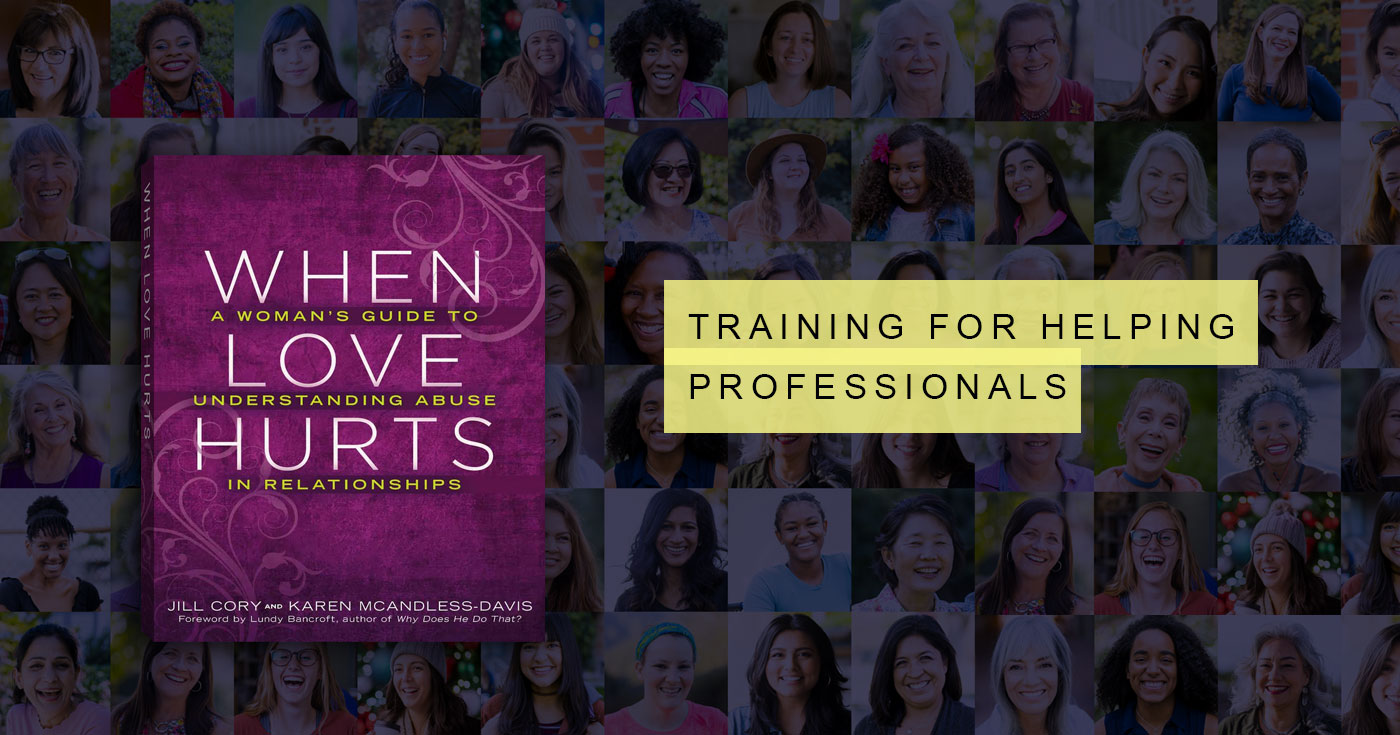Abuse and Power
Abuse happens when there is an imbalance of power.
It is impossible to understand abuse – when it happens and how it happens – without an examination of power. Sometimes the women I work with have done things they are ashamed of in their relationship. They have slapped their partner across the face or thrown something at their partner. Knowing the context of these women’s lives, I would not describe their behaviour as abusive. This is because their partner has more power than they do. I think we need to be clear about when we use the word abuse and when we do not. Alan Jenkins, in his book “Invitation to Responsibility” gives some very helpful criterion for defining abuse. He says, “a violence act does have the potential to be abusive when the person who enacts it:
1) Possesses a significant advantage or privilege in relation to the other, by virtue of factors which confer power, such as age, strength, ability or conferred status.
2) Experiences an exaggerated (and generally ongoing) sense of entitlement in relation to the other, thereby justifying its use.
3) Abdicates responsibility for the well-being of the other (generally on an ongoing basis)and thereby justifies or excuses its harmful consequences.
A context for abuse requires a differential of power or privilege and frequently results in the abused person feeling fearful and intimidated with a sense of entrapment or enforced accommodation to the needs and demands of the abusing person.”



Announcing When Love Hurts, the podcast, with Karen McAndless-Davis and Jill Cory
What if everything you thought you knew about abuse wasn’t quite right? What do you…
“I wish I had known sooner”: thoughts on our upcoming podcast
The When Love Hurts podcast will be for anyone who wants to know more about…
A mother’s journey of “letting go” on her own terms
Carolyn A. Rogers, MAPPL, reflects on what it means to “let go,” on her own…
Announcing When Love Hurts, the podcast, hosted by Alison Epp and Jo Neill
Is this thing on?
When Love Hurts reflections, news and resources
Reflections from a four-decade journey working toward a safer and more respectful world for women…
The destruction of parental alienation accusations: one woman’s story
When asked to write an article on the impacts parental alienation accusations had on me…
A framework of healing from coercive control and abuse
This descriptive framework is a collection of signs, feelings, actions, attitudes, and more, that indicate…
Women’s experiences of counsellors
Over the years, we have heard stories from women of counsellors who offered advice that…